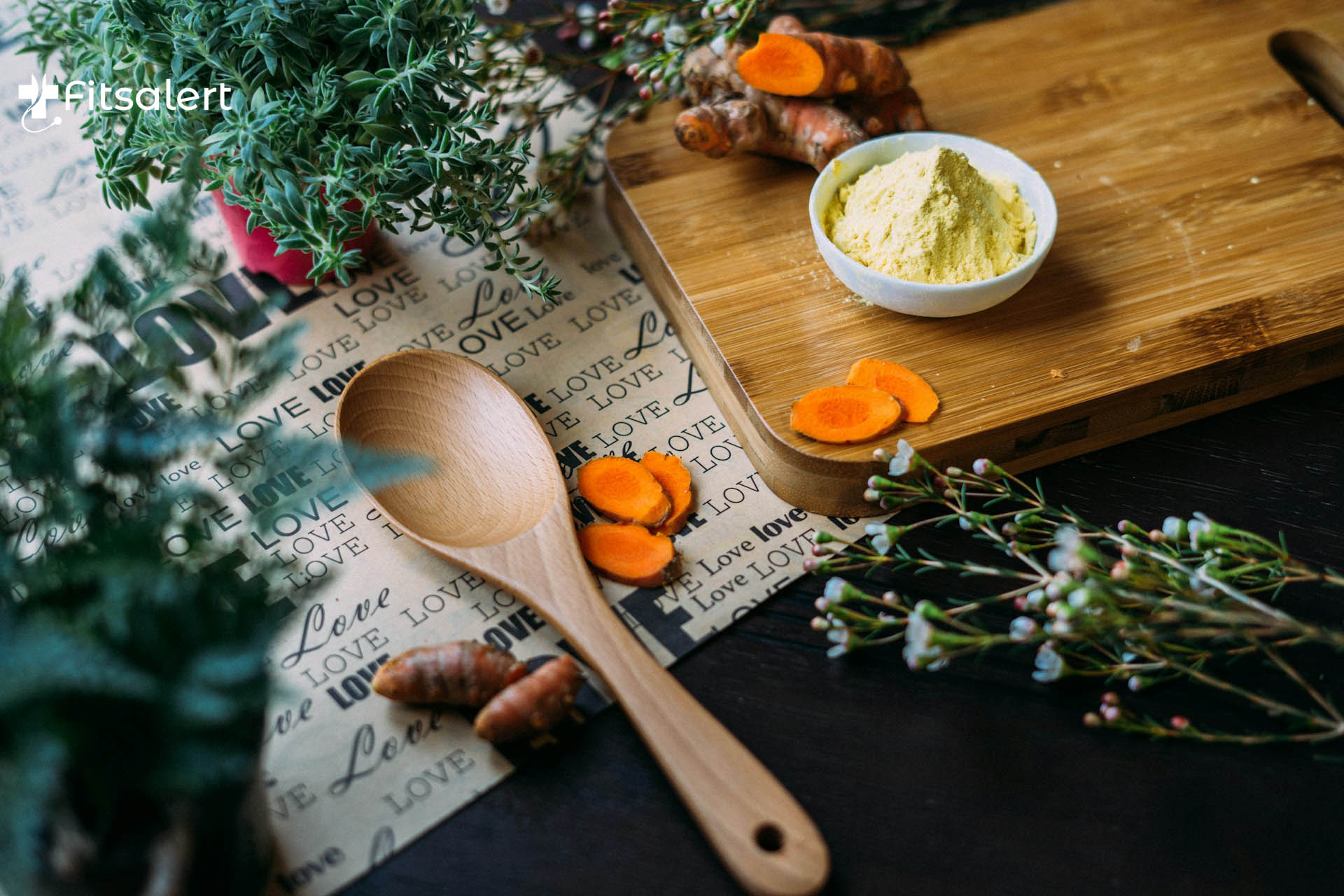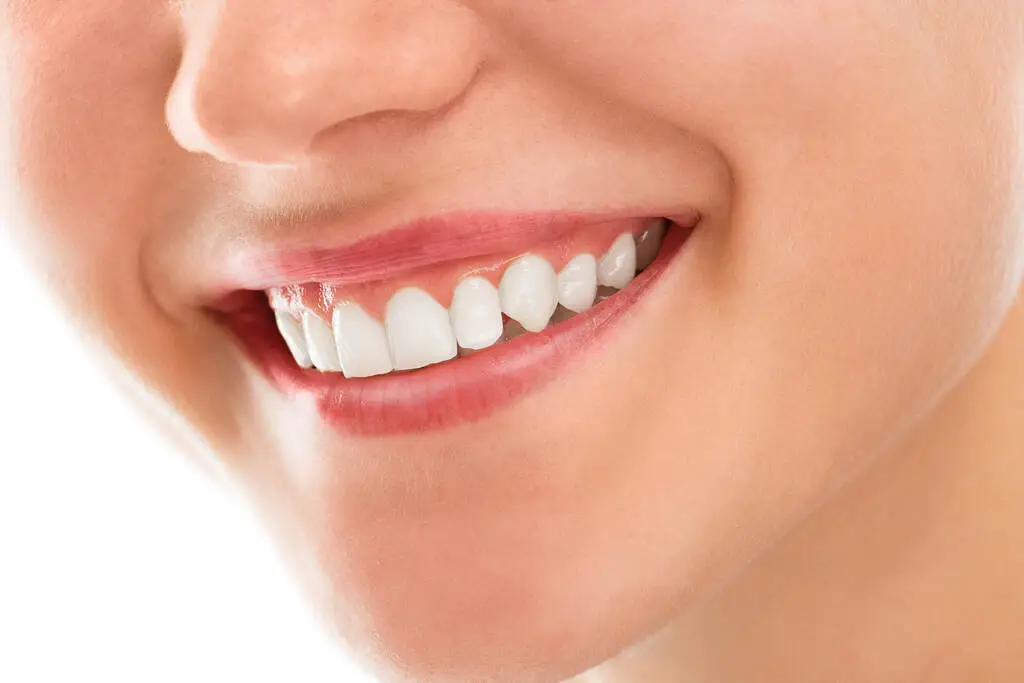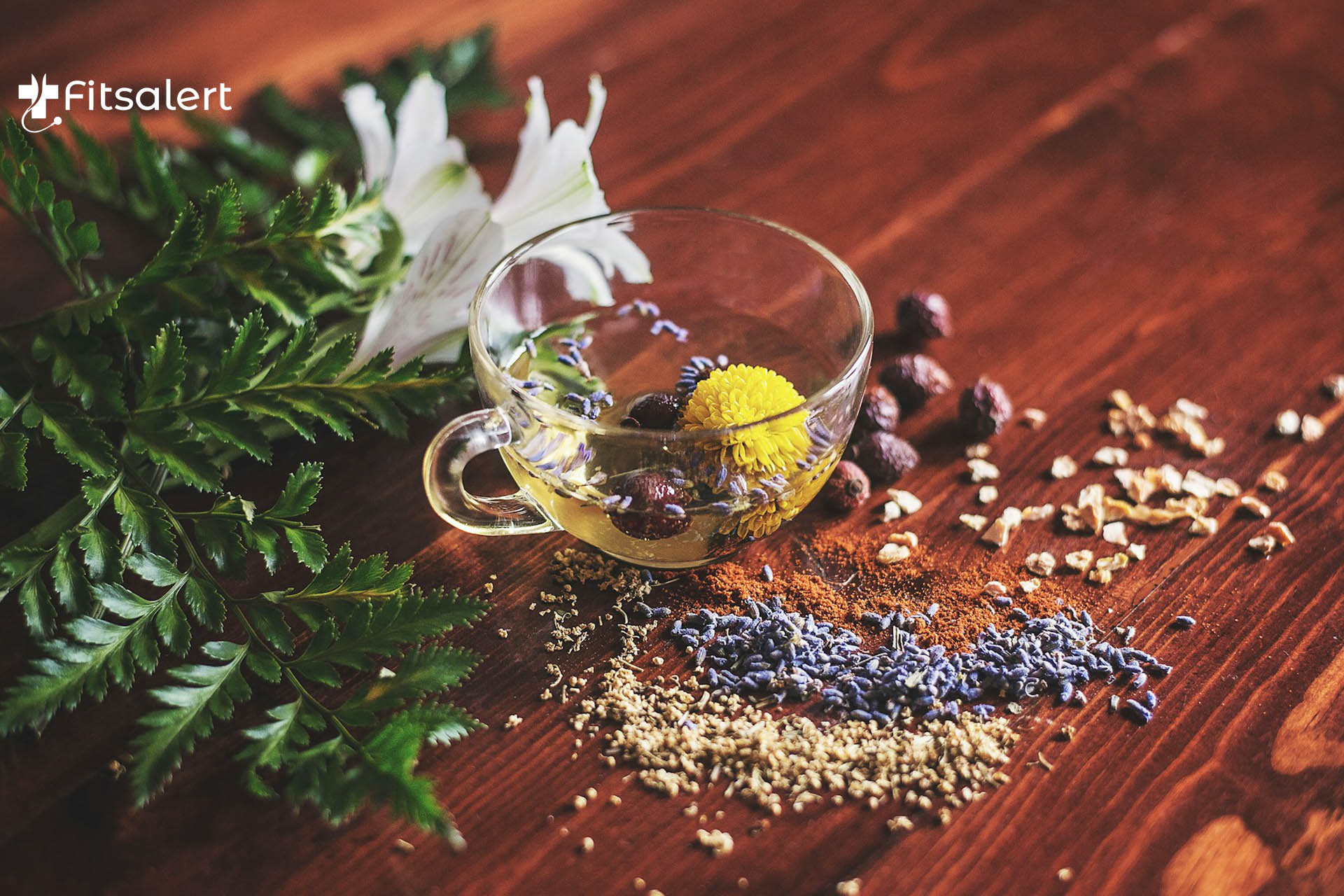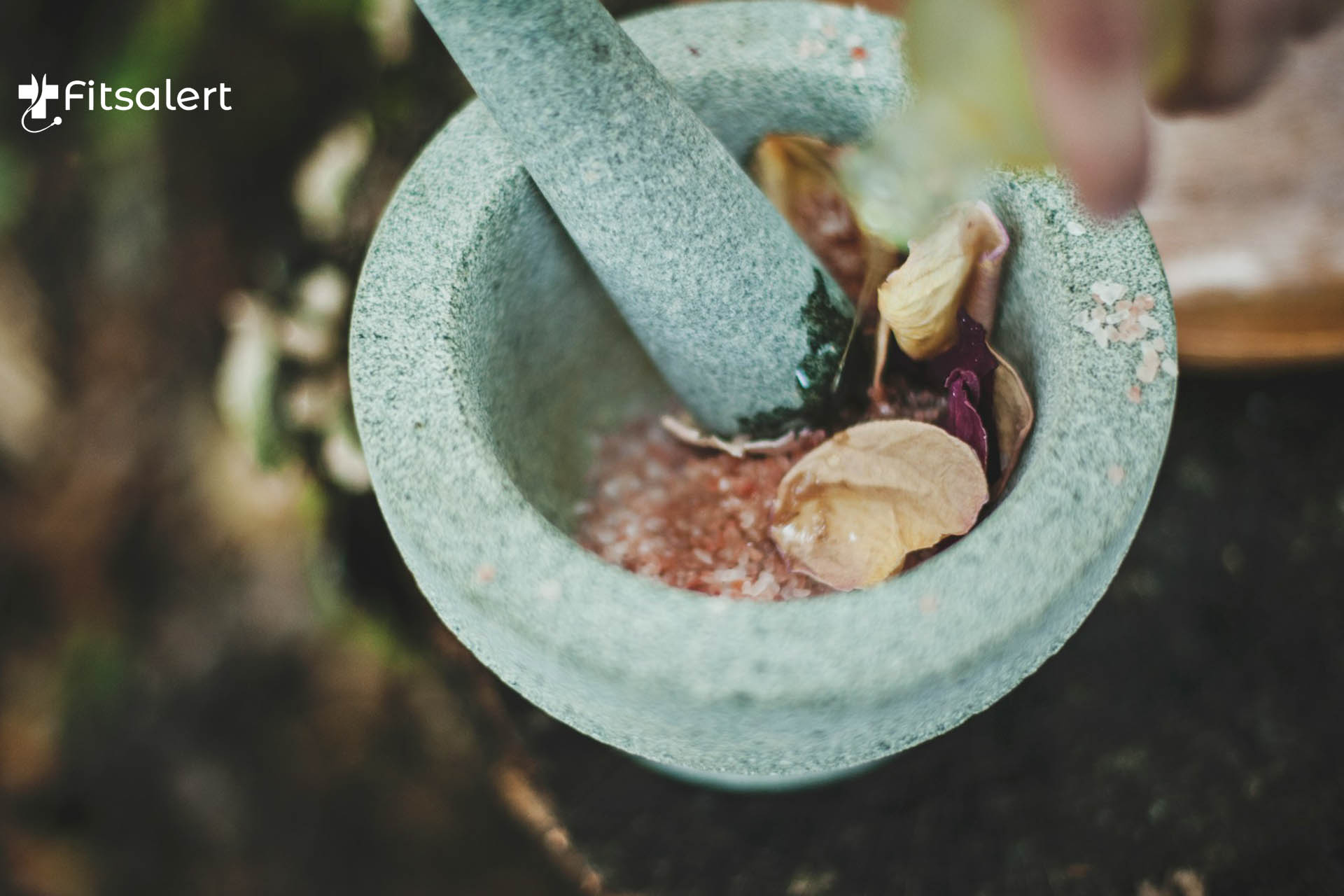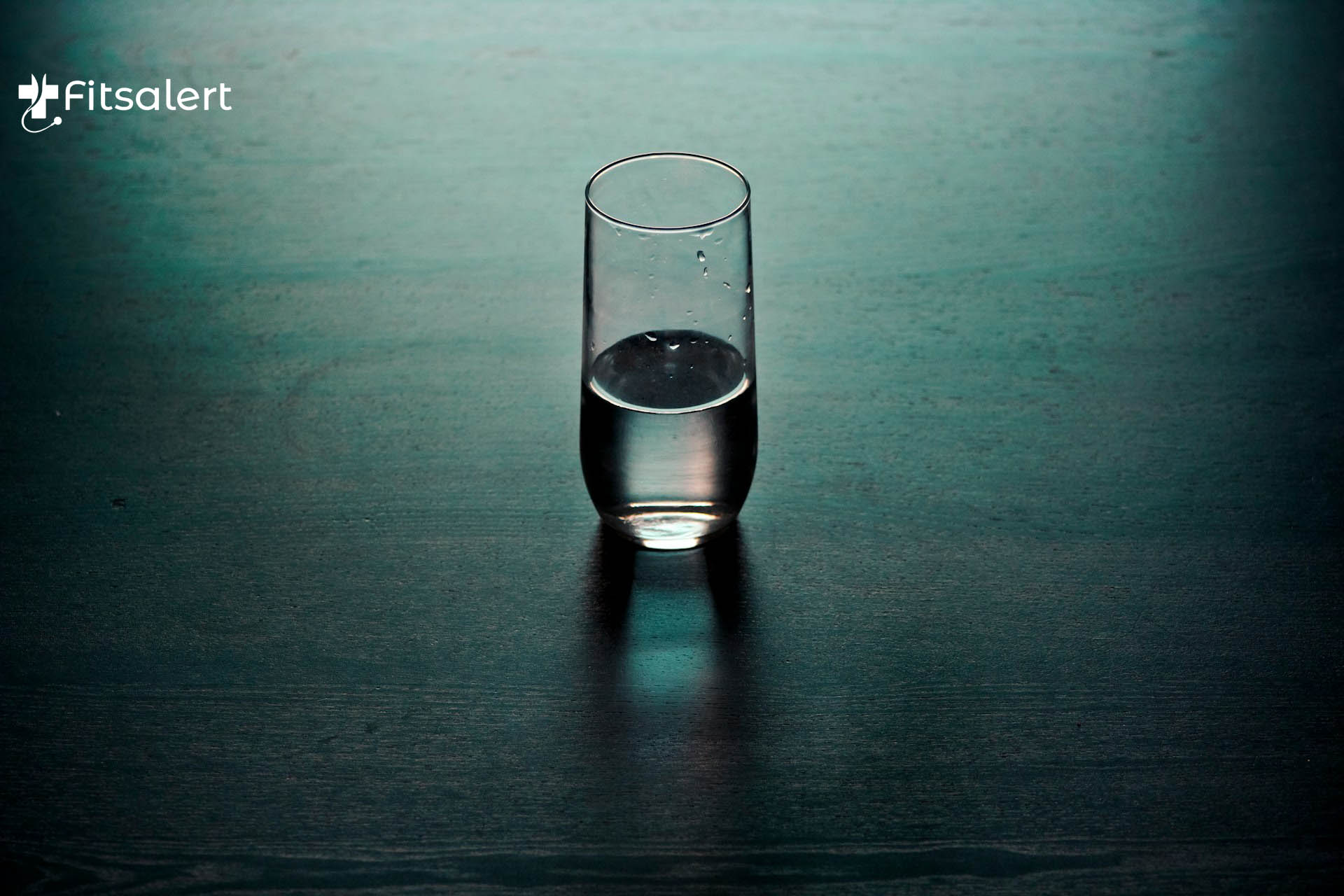Discover whether garlic, vinegar, and boric acid are effective in relieving yeast infections at home. Learn how these at-home remedies may provide relief from symptoms associated with vaginal yeast infections.
Greek Yogurt
Probiotics, like those found in yogurt, can combat Candida albicans, the fungus responsible for vaginal yeast infections. Yogurt contains live bacteria, such as Lactobacillus acidophilus, which create a healthy environment in the vagina, restoring balance and addressing overgrowth.
A 2015 study demonstrated that a vaginal cream made from plain yogurt and bee honey effectively alleviated symptoms of vaginal yeast infections.
Additionally, a 2017 study indicated that consuming yogurt can enrich your gut microbiome, aiding in yeast reduction throughout the body. If yogurt isn’t preferred, probiotic supplements or other probiotic-rich foods can be alternatives. Opt for plain Greek yogurt when using yogurt as a remedy for yeast infections.
Boric Acid
Boric acid is a powerful antiseptic that some believe can effectively treat yeast infections that don’t respond to other remedies. Vaginal suppositories containing boric acid can be used alongside medications to combat vaginal yeast infections.
However, it’s essential to note that boric acid can be toxic in large doses, potentially causing kidney damage, acute circulatory system failure, or even death if absorbed excessively.
Pregnant individuals should avoid using boric acid in any form, and those with sensitive skin may want to opt for a different remedy. If you experience any discomfort while using boric acid, discontinue its use immediately.
Oil of Oregano
Oil of oregano, an extract derived from wild oregano or Origanum vulgare, differs from common oregano found in spice sections. It distinguishes itself from oregano essential oils and people seek it for its potential efficacy against yeast infections.
Research from 2017 suggests that oregano essential oil may be effective in inhibiting the growth of Candida albicans, the fungus responsible for many yeast infections. To use, dilute three to five drops of essential oil per ounce of carrier oil, like olive or sweet almond oil, and apply it to your skin through massage or inhalation using a diffuser. Avoid applying this essential oil near the vaginal area.
Coconut Oil
Coconut oil, derived from coconut flesh, contains various health benefits, including its antifungal properties.
Studies indicate its effectiveness against Candida albicans, lending support to its use as a home remedy for vaginal yeast infections. To utilize coconut oil for treating vaginal yeast infections, opt for pure, organic varieties. Directly apply the oil to the affected area for potential relief.
Apple Cider Vinegar
An apple cider vinegar bath is a popular remedy for yeast infections. Apple cider vinegar possesses various medicinal properties, although some are more scientifically supported than others.
By adding half a cup of apple cider vinegar to a lukewarm bath and soaking for 20 minutes, the acidic nature of the vinegar may help eliminate harmful microorganisms, including yeast.
It’s important to note that an apple cider vinegar bath differs from douching, which aims to flush out all bacteria, including the beneficial ones, from the vagina.
Douching can increase the risk of recurring yeast infections, so it’s best avoided with apple cider vinegar or any other substance. Before applying vinegar directly to your skin, it’s advisable to dilute it in water. Additionally, incorporating apple cider vinegar into your diet may also be beneficial.
Additional Tips to Cure Vaginal Yeast Infections
Here are some additional tips to manage and prevent vaginal yeast infections:
- Reduce your intake of sugar and processed foods, as yeast gets stronger on sugar.
- Incorporate yogurt or Lactobacillus supplements into your diet to promote healthy bacteria.
- Opt for loose-fitting cotton underwear, and wash them in hot water with mild, unscented detergent.
- Avoid wearing wet bottoms or bathing suits for prolonged periods, as yeast flourishes in warm and moist environments.
- Use antibiotics only when necessary, as they can disrupt the balance of bacteria in your body.
- Avoid douches unless specifically recommended by a doctor, and steer clear of vaginal deodorant sprays and scented lotions, as they may disrupt the natural balance of bacteria and yeast in your vagina.

